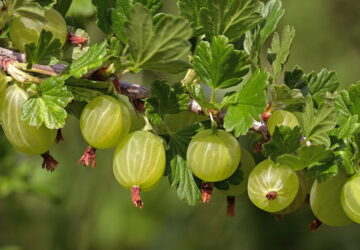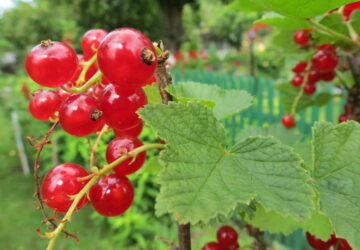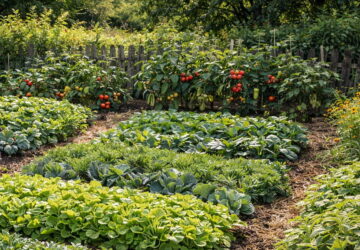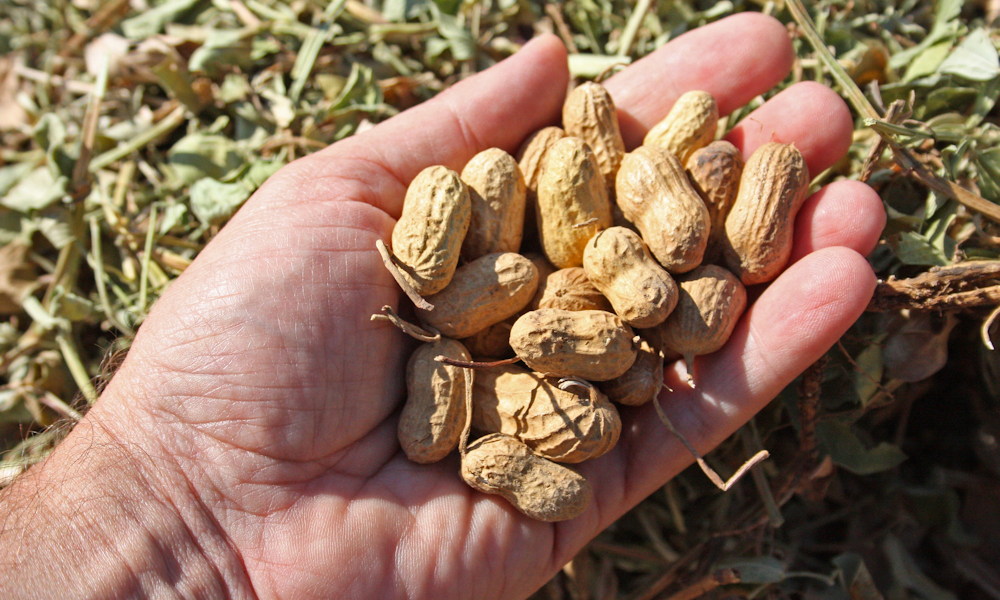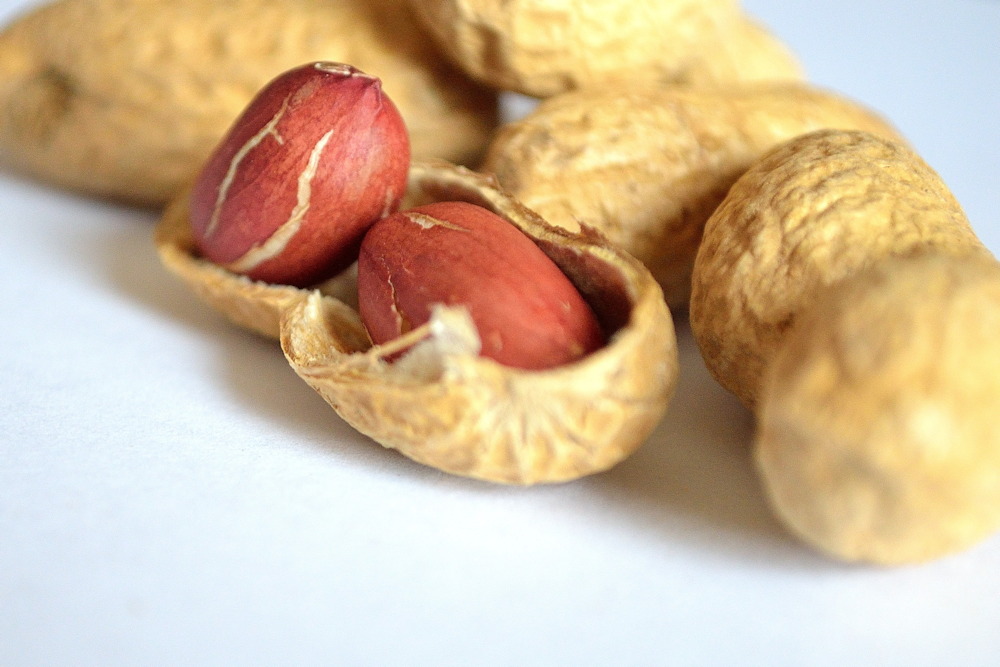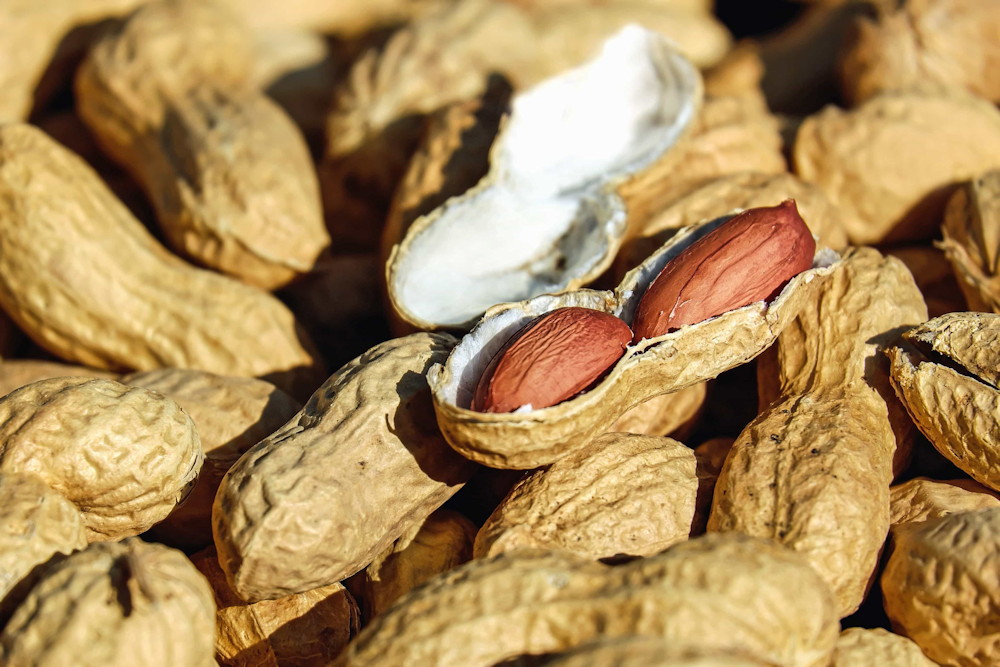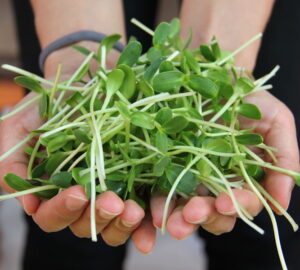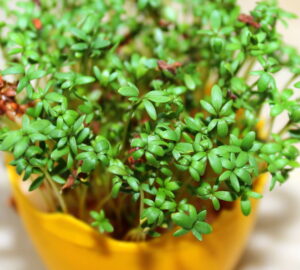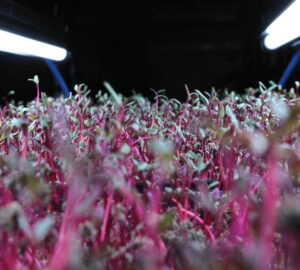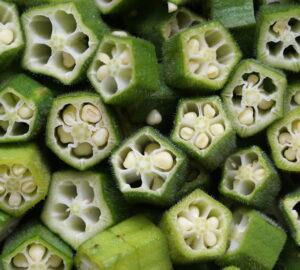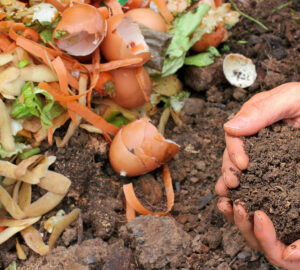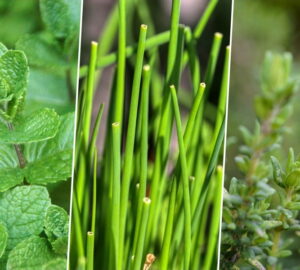Peanuts, scientifically known as Arachis hypogaea, are nature’s hidden treasures, and growing them in your garden can be a delightful adventure. These versatile legumes not only provide a wealth of culinary possibilities but also offer an engaging gardening experience. Let’s delve into the captivating world of peanuts, from their common names to cultivation tips, and discover why every hobby gardener should consider adding them to their green haven.
Unveiling the Names: Peanut’s Many Identities
Peanuts go by various names worldwide, showcasing their universal appeal. In some places, they’re called groundnuts, reflecting their preference for underground growth. Others affectionately refer to them as earthnuts, monkey nuts or goobers, emphasizing their subterranean origin.
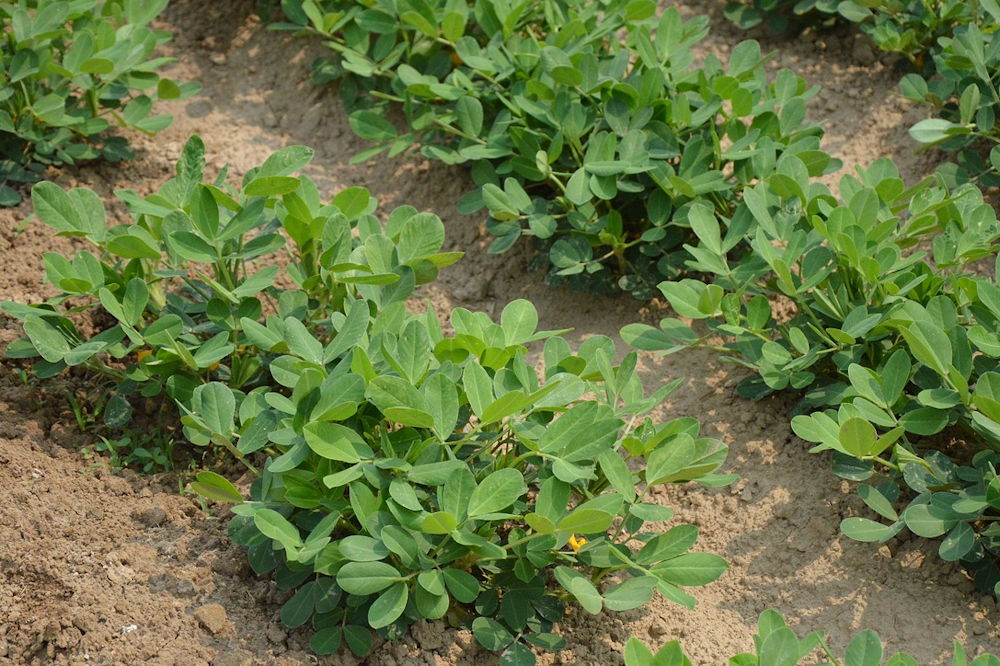
The Origins of Peanut Magic
Native to South America, peanuts have a rich history dating back thousands of years. Indigenous peoples, particularly in Brazil and Peru, cultivated these nutrient-packed legumes long before they journeyed across the globe. European explorers were instrumental in spreading the peanut’s popularity globally, introducing it to Africa and Asia during the Columbian Exchange.
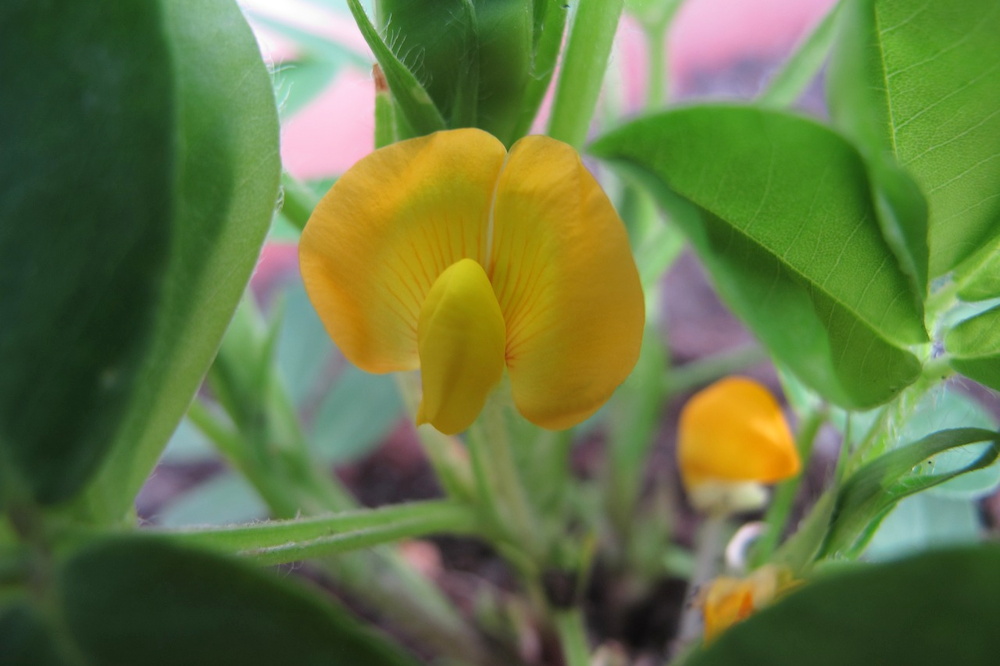
Sourcing Peanut Seeds: Where to Find Them
You can buy peanut seeds from various sources, including:
- Local Garden Centers and Nurseries: Many local garden centers and nurseries carry a variety of vegetable and legume seeds, including peanuts, during the appropriate planting season.
- Online Seed Retailers: Numerous online retailers specialize in selling seeds for a wide range of plants, including peanuts. Popular online seed companies often provide a broader selection and the convenience of shopping from home.
- Farm Supply Stores: Some farm supply stores or agricultural cooperatives may carry peanut seeds, particularly in regions where peanuts are commonly grown.
- Specialty Seed Companies: There are specialty seed companies that focus on heirloom or rare varieties of vegetables and legumes. They may offer unique peanut varieties.
Before purchasing peanut seeds, check with your local agricultural extension office or gardening experts in your area to ensure you choose a peanut variety suitable for your climate and growing conditions.
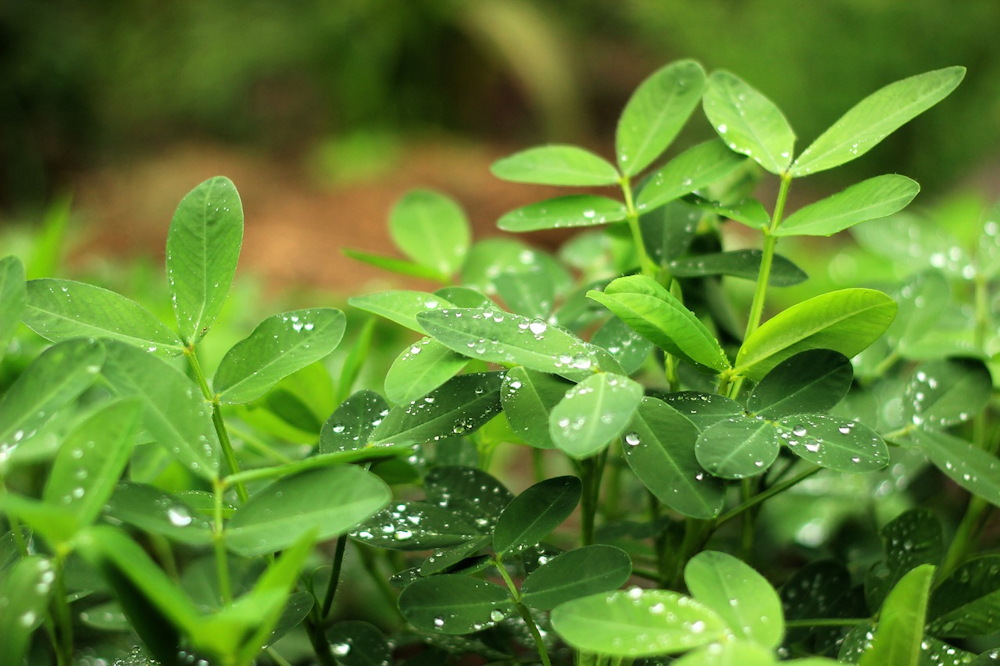
Cultivation Tips for Green Thumbs
- Planting Location: Peanuts thrive in full sun, so select a sunny spot in your garden with at least 6-8 hours of sunlight daily.
- Well-Draining Soil: Ensure your soil has good drainage to prevent waterlogging, as peanuts dislike standing water.
- Choosing the Perfect Peanut Planting Time: Peanut seeds should be planted when the soil has warmed up in the spring, after the danger of frost has passed. The ideal soil temperature for planting peanuts is around 65°F to 70°F (18°C to 21°C). In most regions, this means planting peanuts in late spring or early summer.
- Planting Depth: Plant peanut seeds about 1-2 inches (2.5-5 cm) deep in loose, sandy soil, spaced 6-8 inches (15-20 cm) apart.
- Moisture Management: Keep the soil consistently moist, but avoid overwatering, which can cause the peanuts to rot. Water deeply and evenly.
- Fertilization: Peanuts are nitrogen-fixing plants, which means they can benefit from soil with added organic matter or a light application of balanced fertilizer.
- Flowering and Pod Development: As the plants grow, they will produce small, attractive yellow flowers. These will eventually develop into the peanut pods underground.
- Harvesting: You’ll know it’s time to harvest when the leaves turn yellow and start to wither. Use a garden fork to gently loosen the soil around the plants, then carefully pull up the entire plant, including the peanuts.
- Drying and Storing: After harvest, allow the peanuts to dry for about two to three weeks in a warm, dry place. Once dry, remove the peanuts from the plant and store them in a cool, dry, and well-ventilated area. Properly stored, peanuts can last for several months.
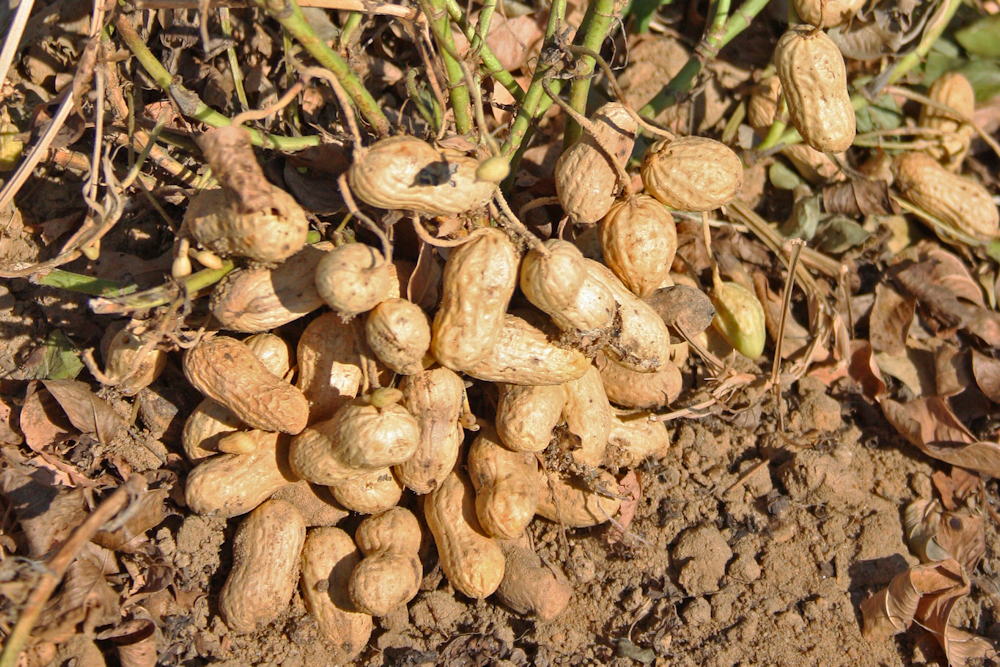
Following these steps will help you cultivate a successful peanut crop in your garden, providing you with a bountiful harvest of these versatile legumes.
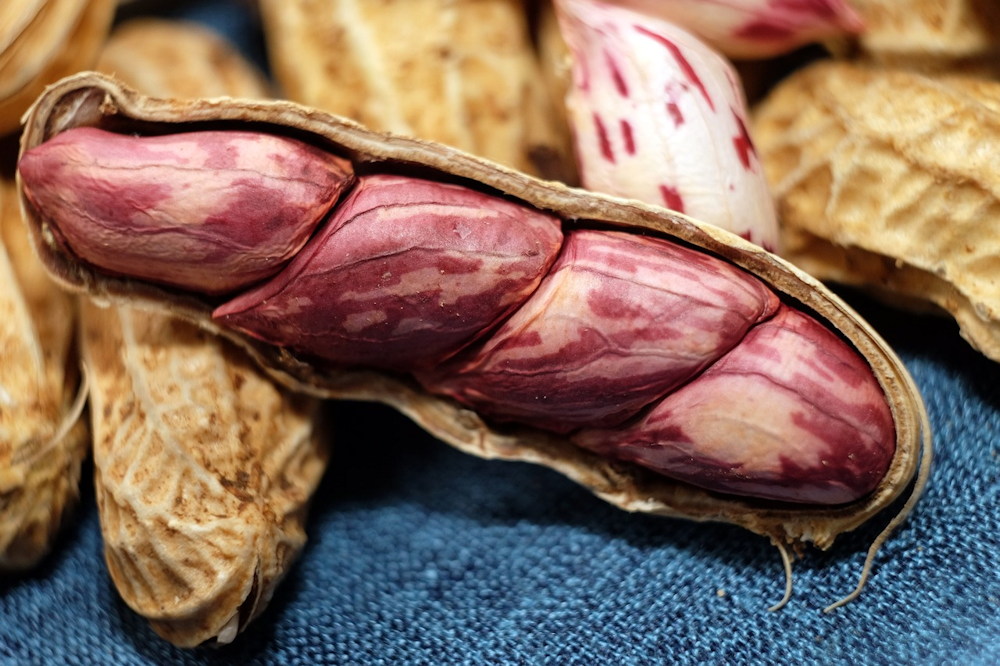
From Garden to Kitchen: Peanuts’ Culinary Versatility
Peanuts are a culinary chameleon, featuring in dishes from savory to sweet. Crushed into creamy peanut butter or roasted for a crunchy snack, their versatility knows no bounds. They add depth to Thai curries, lend a nutty richness to African stews, and even star as a protein-packed ice cream topping. Don’t forget to explore peanut oil, a beloved choice for frying, and the savory delight of satay sauce.


A Taste of Asia: Quick Satay Sauce Recipe
Satay sauce is a savory, peanut-based condiment made by blending roasted peanuts, coconut milk, soy sauce, lime juice, brown sugar and spices like garlic and chili. This creamy, slightly spicy sauce is a perfect accompaniment for grilled skewers of meat or vegetables.

The Peanut Panorama: Tidbits and Interesting Facts
- Soil Enrichers: Peanuts are nitrogen-fixing plants, improving soil quality for other crops.
- Health Powerhouse: Packed with protein, healthy fats and vitamins, peanuts are a nutritious addition to your diet.
- Allergies Unleashed: Peanuts are one of the most common food allergies, affecting millions worldwide.
- Sustaining Nations: In many developing countries, peanuts are a vital food source and a source of livelihood for countless farmers.
- Beyond Snacking: Peanuts also find their way into industrial products like soap, cosmetics and ink.
- Underground Treasure Hunt: The peanut plant’s flowers form above ground, while the peanut pods develop below, a curious botanical quirk.
- Peanuts in Space: Astronauts have cultivated peanuts in space, proving their adaptability even beyond Earth’s boundaries.
- A Nutty Addition: Consider companion planting peanuts with other crops in your garden, as they can help deter pests and improve soil quality. Their low-maintenance nature makes them an excellent choice for novice gardeners.
A Bounty of Peanuts Awaits!
Incorporating peanuts into your garden not only adds a unique crop to your repertoire but also reveals the fascinating story of a legume with global significance. From its rich history to its culinary versatility and unique growth habits, peanut offers a world of wonder for hobby gardeners. So, why wait? Plant the seeds of curiosity in your garden and watch as the peanut plant unfolds its hidden treasures, enriching both your soil and your culinary adventures. Happy gardening!
